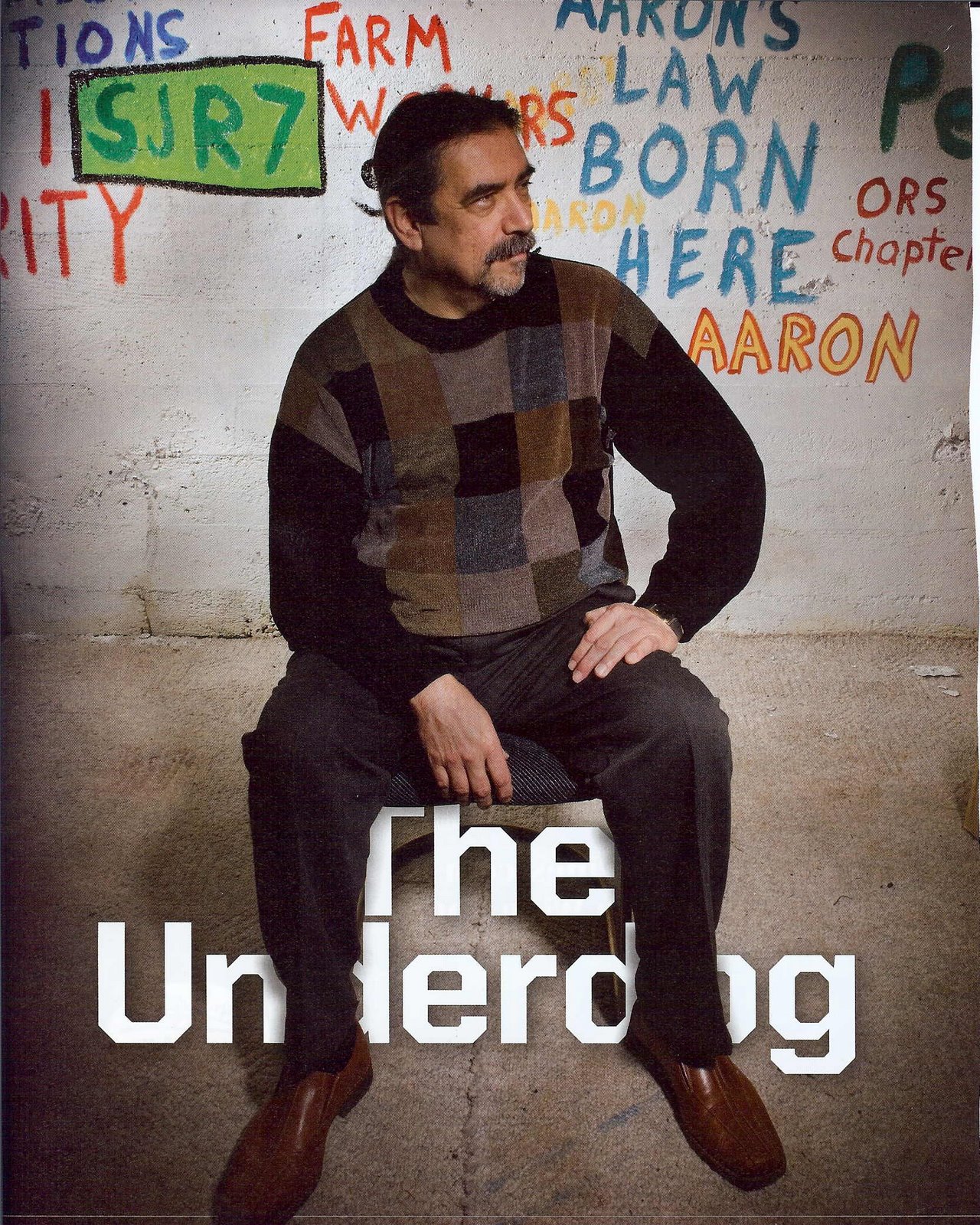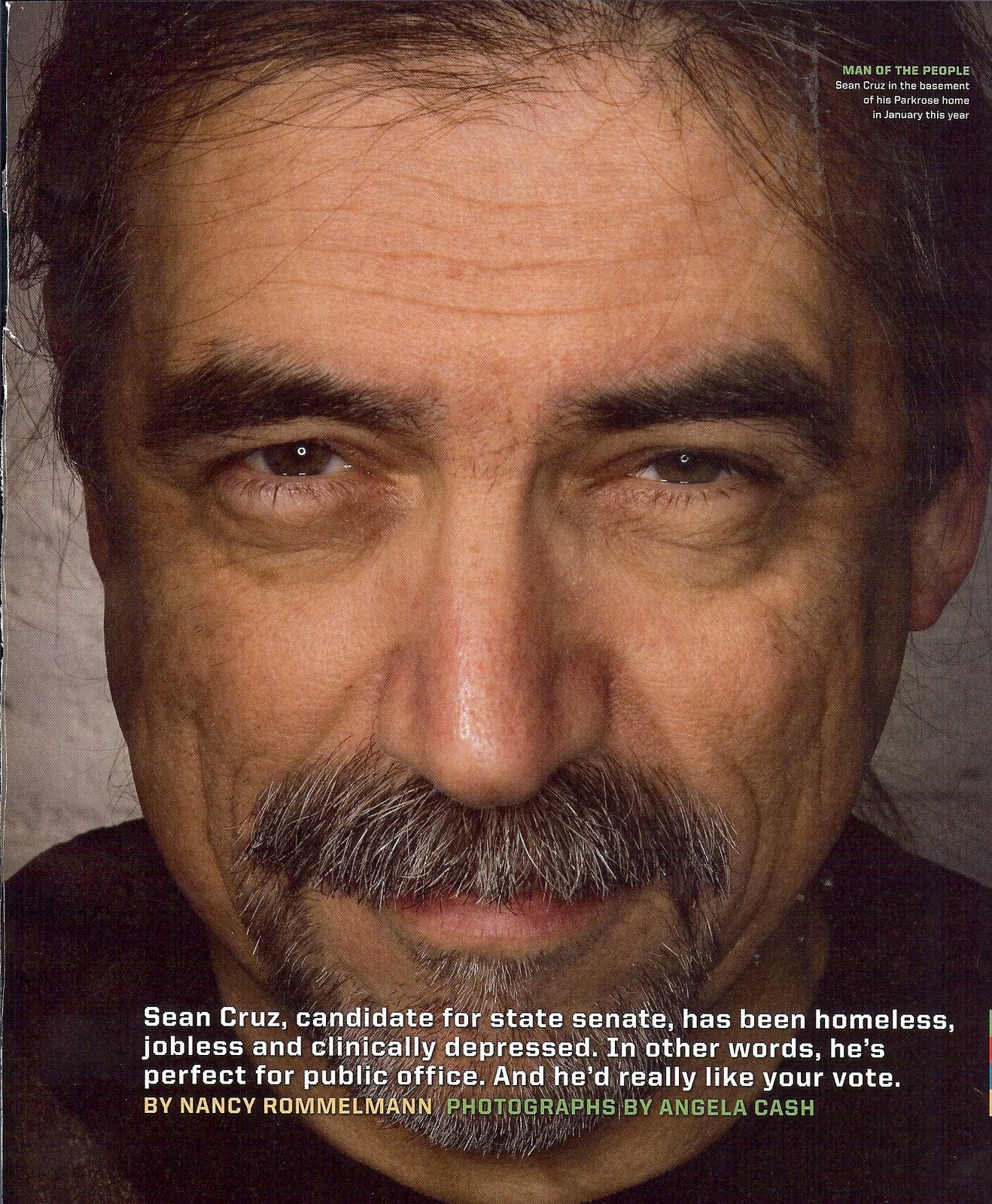By Sean Cruz
Portland, Oregon--
"I want to be clear: what matters far more than words, what matters far more than any resolution or declaration, are actions to match those words," President Barack Obama said today, opening the White House Tribal Nations Conference in Washington, D.C.
President Obama stated that the US will sign the Declaration on the Rights of Indigenous People, becoming the last major nation to support the nonbinding agreement, which was endorsed by 145 countries in 2007.
The United States, New Zealand, Australia and Canada were the lone “No” votes at the time.
While one could hardly have expected the Bush-Cheney regime to support any pesky UN document, binding or nonbinding, that would suggest there was a problem with the title to land stolen from indigenous people, the 2007 vote was a spectacular failure of the US federal government to match its “Champion of Human Rights” rhetoric with even symbolic action.
The key question will be, as President Obama noted, what actions will be taken to match the rhetoric.
This is a far more dicey proposition now than it was a year ago, with the rise of Tea Party nativism and Reaganistic fundamental selfishness, the election-surge of a House likely to be as hostile to Native people as the Andrew Jackson administration, and a nation still locked in the death-grip of the Bush—Cheney economic and foreign policy catastrophes.
Here is the link to the UN Declaration on the Rights of Indigenous People, and below that, the Preamble to the original United Nations Universal Declaration of Human Rights, which was adopted unanimously on December 10, 1948, suggesting, I suppose, that it is better to be late than to never get there:
Declaration on the Rights of Indigenous People:
Link to the UN Declaration on the Rights of Indigenous People
The United Nations Universal Declaration of Human Rights:
PREAMBLE
“Whereas recognition of the inherent dignity and of the equal and inalienable rights of all members of the human family is the foundation of freedom, justice and peace in the world,
“Whereas disregard and contempt for human rights have resulted in barbarous acts which have outraged the conscience of mankind, and the advent of a world in which human beings shall enjoy freedom of speech and belief and freedom from fear and want has been proclaimed as the highest aspiration of the common people,
“Whereas it is essential, if man is not to be compelled to have recourse, as a last resort, to rebellion against tyranny and oppression, that human rights should be protected by the rule of law,
“Whereas it is essential to promote the development of friendly relations between nations,
“Whereas the peoples of the United Nations have in the Charter reaffirmed their faith in fundamental human rights, in the dignity and worth of the human person and in the equal rights of men and women and have determined to promote social progress and better standards of life in larger freedom,
“Whereas Member States have pledged themselves to achieve, in co-operation with the United Nations, the promotion of universal respect for and observance of human rights and fundamental freedoms,
“Whereas a common understanding of these rights and freedoms is of the greatest importance for the full realization of this pledge,
“Now, Therefore THE GENERAL ASSEMBLY proclaims THIS UNIVERSAL DECLARATION OF HUMAN RIGHTS as a common standard of achievement for all peoples and all nations, to the end that every individual and every organ of society, keeping this Declaration constantly in mind, shall strive by teaching and education to promote respect for these rights and freedoms and by progressive measures, national and international, to secure their universal and effective recognition and observance, both among the peoples of Member States themselves and among the peoples of territories under their jurisdiction.”
…and better late than never. –Sean Cruz
Subscribe to:
Post Comments (Atom)






No comments:
Post a Comment